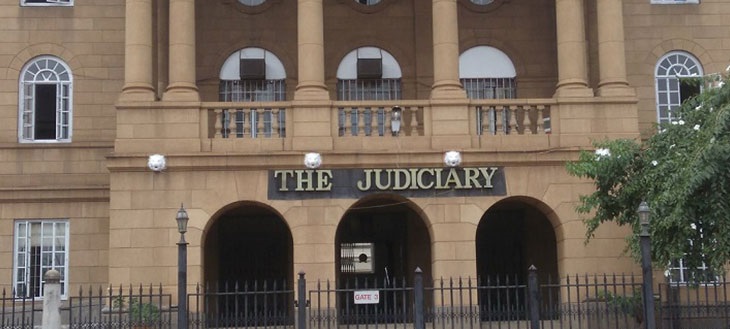The Supreme Court of Kenya has dismissed an application by Homa Bay Town MP, Peter Kaluma seeking a review of a ruling that allowed the registration of LGBTQ lobby groups in the country.
The court ruled that MP Kaluma was not a party to the proceedings, leading to the dismissal of his application.
“The applicant (Kaluma)has not demonstrated how his matter conforms to the specific parameters enumerated under Section 21A of the Supreme Court or in the Outa case; neither has he demonstrated to our satisfaction that the impugned Judgment was obtained by fraud or deceit, is a nullity, or that the court was misled into giving its judgment under a mistaken belief that the parties had consented thereto,” the five-judge Bench led by Deputy Chief Justice Philomena Mwilu ruled.
“In our view, the application is a disguised appeal from this Court’s judgment and does not fall within the confines of the parameters prescribed for review by statute and applicable case law. Therefore, the application stands dismissed.”
This decision upholds the previous ruling that permitted LGBTQ lobby groups to register officially in Kenya, marking a significant moment for LGBTQ rights in the country.
The initial ruling was seen as a progressive step towards recognizing and protecting the rights of LGBTQ individuals in Kenya.
MP Peter Kaluma’s application for review was an attempt to overturn this decision.
Consequently, the Supreme Court held that “The court cannot entertain an application for review of its judgment filed by an applicant who was not a party to the proceedings as this goes to the root of the matter and sanctity of the already determined suit which was contested by the parties. Consequently, we find that the applicant is not competent to seek a review of the judgment under reference.
“The applicant is an Advocate of the High Court and a Member of Parliament. He ought to have known that his application was misconceived as such he must consequently bear the costs thereof,” the bench directed.

The decision was issued in response to a petition filed by the National Gay and Lesbian Human Rights Commission (NGLHRC) to register under the Non-Governmental Organizations Coordination Board Act.
Kenya’s Penal Code pronounces carnal knowledge as an act against the order of nature and anyone guilty of carnal knowledge is liable to 14 years’ imprisonment.




